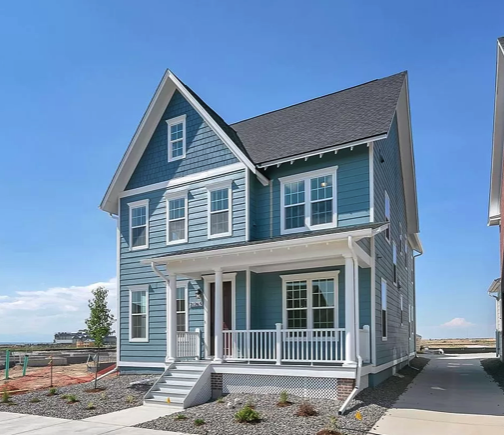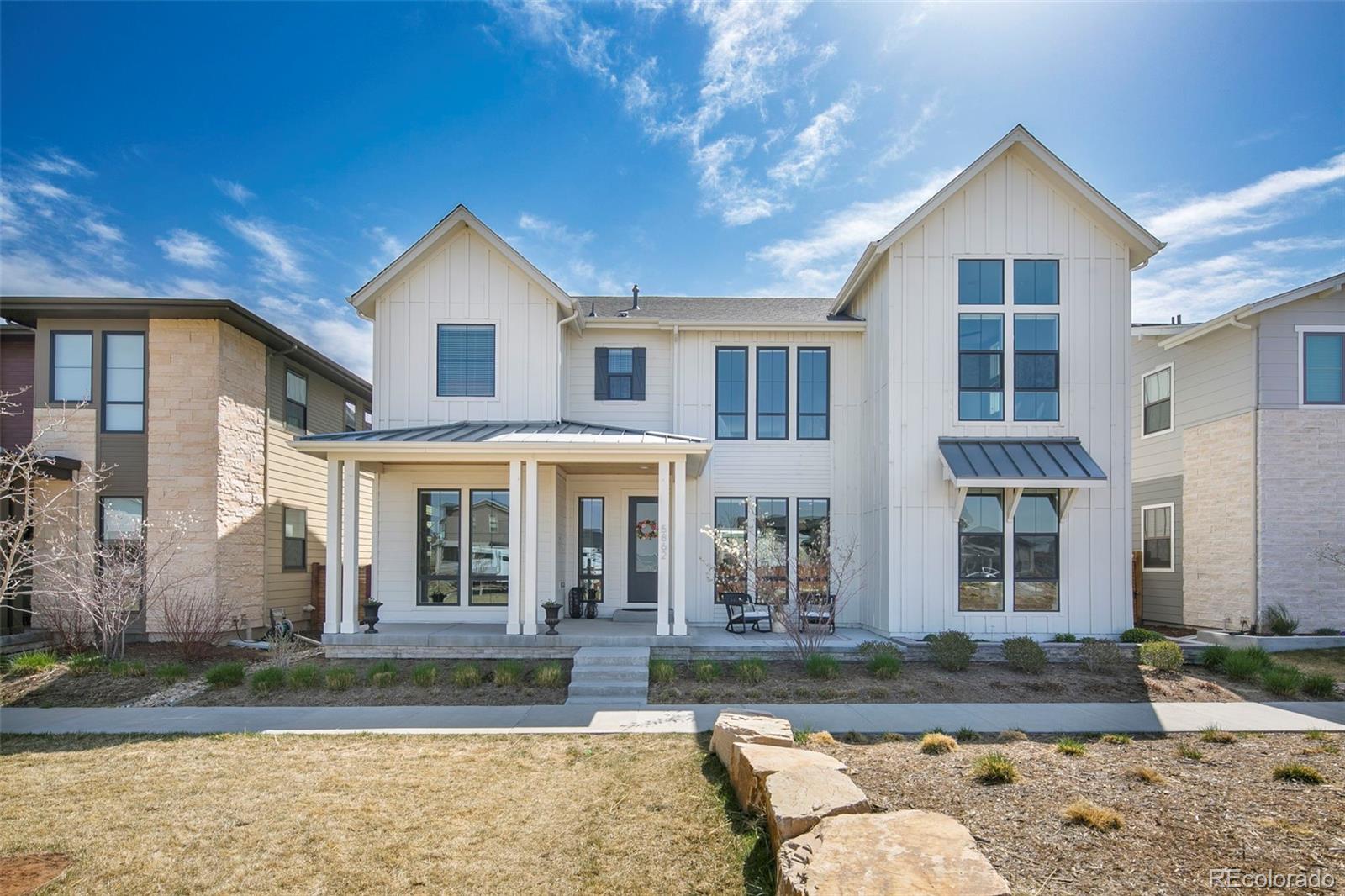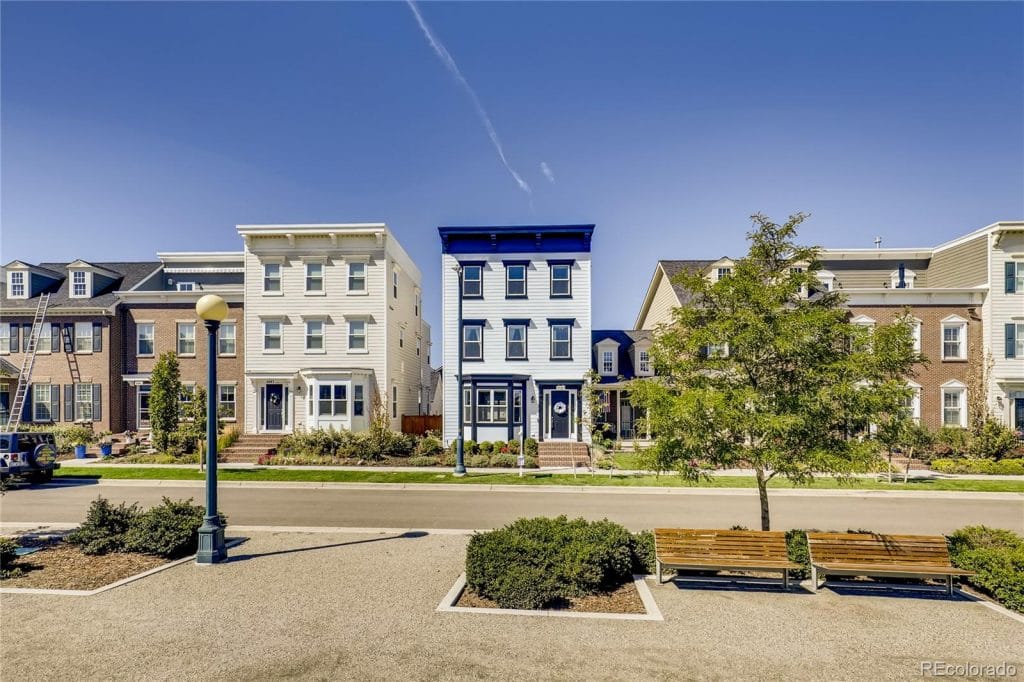
Here at Focus Real Estate our 8 brokers get this question at almost every listing appointment and new buyer meeting we go to:
“I’m early in the process. I don’t know exactly when my current home will sell and close. And I don’t know when my new home will close yet, either. How can I plan moving and everything else not knowing what my exact timelines are?”
Great question! Here’s what I typically tell our clients.

Let’s talk about post-closing occupancy agreements
Sometimes a seller needs to stay in his/her home after closing. The Colorado Real Estate Commission conveniently developed a template – called the “Post-Closing Occupancy Agreement” – to address this situation. Also sometimes called a leaseback or a seller rent-back agreement, the post-closing occupancy agreement is a way to help manage deal timelines.
Let’s say you want to list your current home. You’d prefer to go under contract on your current home first, and then ramp up the search for your new home. Great! As part of the sale of your home, we might ask for a leaseback of up to 60 days. So you can close on your home sale … but instead of moving out when you close, you can stay in your current home for up to 60 additional days. More time to find a new home!
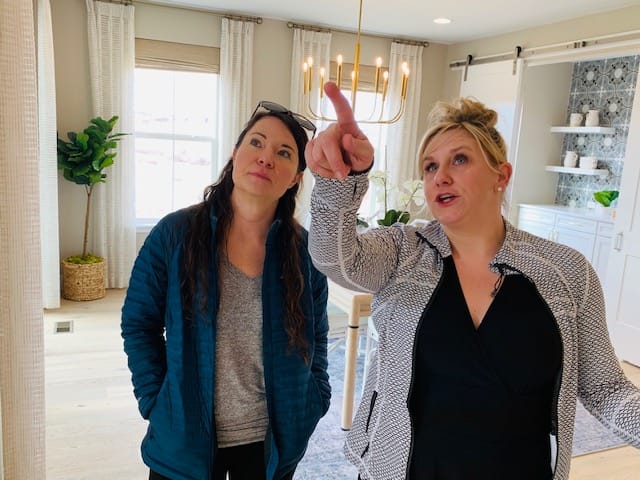
Or let’s say you’re building a new home and your builder tells you that your home will be done on August 1. To give you some timing wiggle room, we might want to list your current home closer to early May, traditionally a good time to list in Denver, and request a leaseback up until August if needed. While not always perfect, this could give you the summer to stay in your current home before your new home is done.
There are different ways to use post-closing occupancy agreements in Colorado. A seller might have difficulty juggling the move-out process and need 2-3 days after closing to box everything up and move out.

Or a buyer’s lease might not end for 6 months, so timing-wise he or she might not even want to close and move in quickly. So the buyer might offer a leaseback to give the both parties more time.
The high level takeaway is that if you can’t close on the sale of your old home and purchase of your new home on the same day, there may be a way to bridge the gap using a post-closing occupancy agreement.
How long can I do a post-closing occupancy agreement for, and what are the risks?
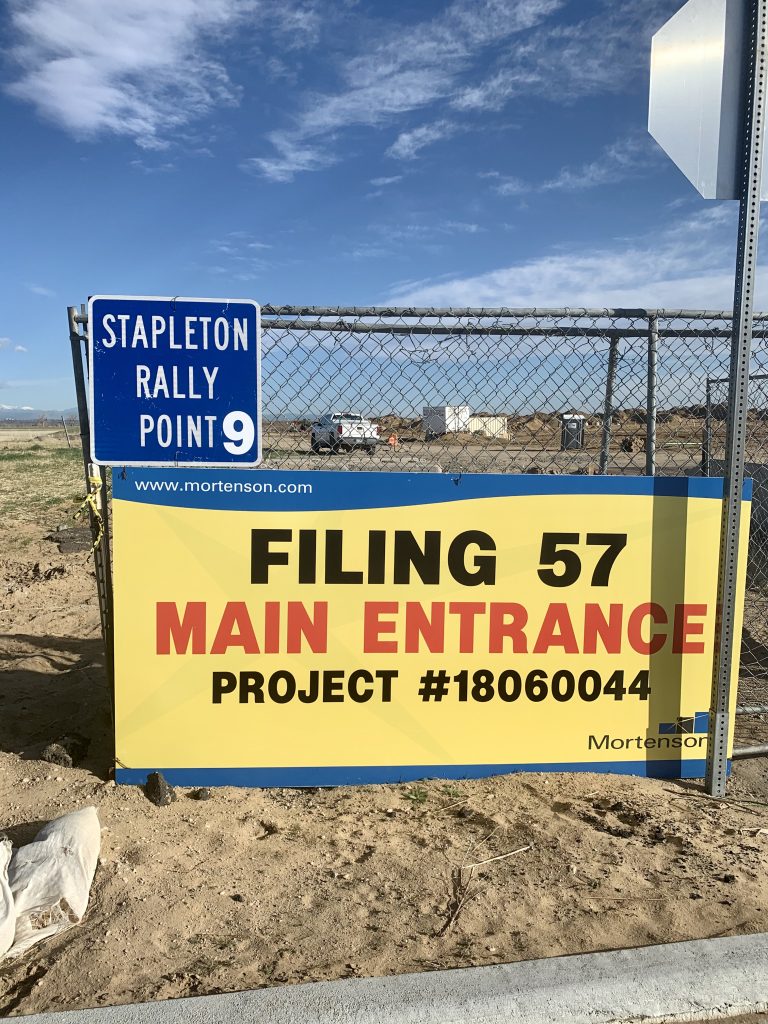
For financing reasons, as well as according to Colorado Real Estate Commission guidance, right now Colorado’s standard post-closing occupancy template can only be used for a term of 60 or fewer days. If a seller needs to stay in the home longer than 60 days, you may need to enter into a more formal residential lease.
Also, like almost all real estate transactions, there’s risk associated with entering into a post-closing occupancy agreement. At a high level, the relationship of the parties changes a bit when you enter into a leaseback. Before the sale of the home closes, you have a seller and a buyer. As just one example, for many real estate deals, it’s clear if there’s damage to the home before closing that’s the seller’s issue. After closing, if the home is damaged then that’s often the buyer’s problem.

However, if there’s a post-closing occupancy agreement, after closing the seller stays in possession of the home and might pay a security deposit and rent, and purchase renter’s insurance. Although the buyer doesn’t live in the home yet, the buyer has new obligations that might resemble those of a short-term landlord.
While Colorado’s post-closing occupancy agreement template attempts to address different situations that might arise, from damage to property to holdover penalties to who pays utilities during the leaseback period, it’s important to understand the risks associated with a post-closing occupancy agreement.

So there you have it, friends! If you’d like to learn more about buying, selling, or building a new home, shoot any of our brokers at Focus Real Estate an email or you can email me at Mariel@Focus-Realtors.com. You can also check out this quick video for more on the timeline of selling your current home vs. buying your new home.
Last but not least, remember that all real estate transactions are different, and all real estate contracts are different. Some of the issues I discuss in this post may – or may not – apply to your transaction, may apply in a different way, or may even be interpreted differently. A post-closing occupancy or similar agreement may or may not make sense for your transaction. This post is not comprehensive and is not legal advice and should not be relied upon. You’re responsible for your own deal – so get the necessary legal help you need!
Alex R. Ross, Esq. of McLeod Brunger, PLLC assisted with this Scoop post.



